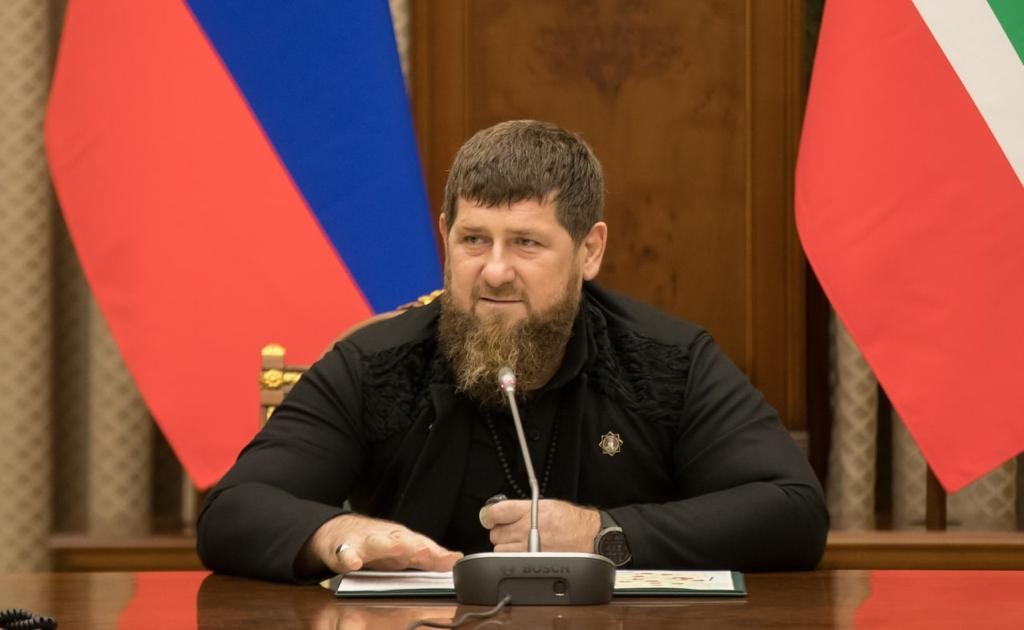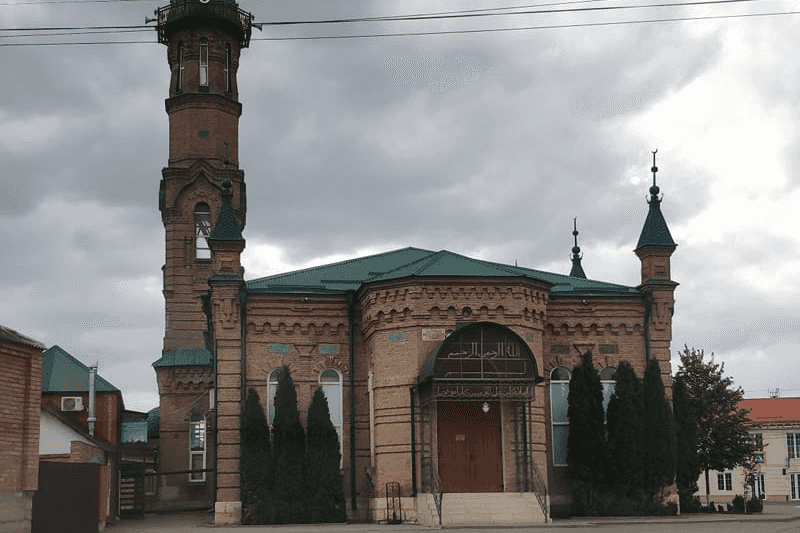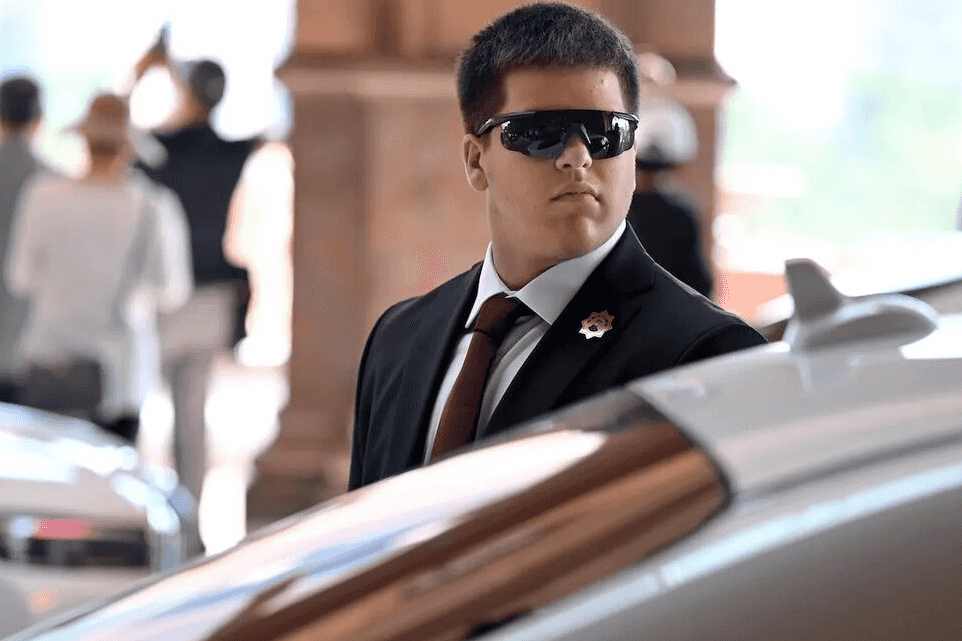
In the elections both to local legislatures and the State Duma in the North Caucasus, the ruling party and incumbent officials won in a landslide. The vote, however, was marred by irregularities, with one critic calling what took place in the North Caucasus a ‘forced vote’.
In Chechnya, according to the Central Election Commission, Ramzan Kadyrov won the election for the head of the republic. The Central Electoral Commission (CEC) announced that the current head of the region received 99.7% of the vote, with a turnout of 94%.
No other region in Russia had such a large level of reported turnout, and no other candidate won by such a large margin. Isa Khadzhimuradov and Khalid Nakayev, the two other candidates for the post of the head of Chechnya shared between them the meagre remaining 0.30% of the vote.
In the elections in a single-mandate constituency in the Chechen Republic, according to the CEC, United Russia member Adam Delimkhanov won with 93% of the vote. In the federal electoral district, the CEC declared the winner to be the ruling United Russia party, which received 96% of the vote.
In Chechnya’s local parliament, four seats will be allocated to opposition parties. Two will go to deputies from the Communist Party of the Russian Federation (KPRF) and two to deputies from A Just Russia – For Truth. According to the CEC both parties received 5% of the vote each and the remaining votes were won by United Russia.
According to the CEC, not a single electoral violation was registered in Chechnya.
Smaller margins of victory
North Ossetia – Alania’s local parliament, with an overwhelming majority of 57 to 2, approved Sergei Menyailo as the head of the republic. He had previously been appointed as acting head of North Ossetia on April 9, after the early resignation of the previous head of the region, Vyacheslav Bitarov.
In Karachay-Cherkessia, local parliamentary deputies unanimously re-elected Rashid Temrezov as head of the region, who has held this position since 2011.
In the Republic of Dagestan, deputies were elected to both the Russian State Duma and the local parliament. According to the CEC, turnout in the elections was 76%.
As in the other North Caucasus republics, the majority of votes in the federal and the local assembly were won by United Russia, with 81% and 73% of the vote, respectively. The local parliament will also include the party Just Russia – For Truth (12.71%) and the KPRF (11.62%).
‘A forced vote’
According to Ruslan Kutaev, a Chechen public activist and former political prisoner, the results of the elections in Chechnya, as well as throughout Russia, were expected. According to him, there were no elections as such, but instead forced voting, in which the authorities ‘drew’ the results at their own discretion.
‘There were no elections either in Russia, much less in the North Caucasus.’, he said. ‘There was a forced vote, in which state employees and civil servants were rounded up (and forced into carousel voting).’
Chechnya, according to him, was a case unto itself, however — there, ‘the observers are all [from the government] and the election participants too’.
According to Kutaev, any competition with the current government is impossible in Chechnya due to political repression and persecution for dissent.
‘Generally speaking, one cannot talk about competition in Chechnya. What candidates can be but one when all dissent is brutally persecuted and suppressed?’ he said. ‘There is only one opinion here, the opinion of Kadyrov.’
The 99% Kadyrov received, he said, was ‘done deliberately’ as a message for Russian President Putin, stating that ‘except for Kadyrov, no one exists in Chechnya’.
Irregularities federation-wide
The elections throughout the Russian Federation were marked by a large number of irregularities and violations. Golos, an independent Russian election watchdog marked a ‘foreign agent’ by Russian authorities, has recorded over 4,500 electoral violations.
Additionally, because of restrictions put in place by Russian authorities, observers from the Organization for Security and Cooperation in Europe (OSCE) were not present during the vote for the first time since 1993.
A large number of opposition candidates were barred from participation or had criminal cases opened against them prior to the election. Russian authorities also blocked Russian citizens from accessing the ‘Smart Voting’ system created by imprisoned Russian opposition leader Alexey Navalny.
The system was meant to offer potential voters an easy way to identify which opposition candidates had the best chance of beating United Russia candidates in single mandate first-past-the-post constituencies.







